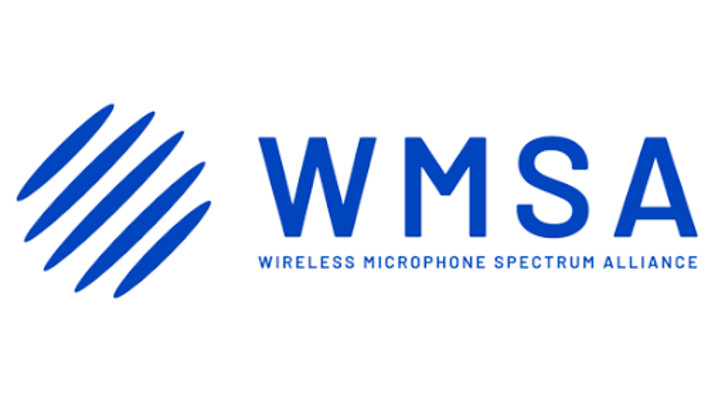McAdams On: ‘Free’ Spectrum
The professional video industry's #1 source for news, trends and product and tech information. Sign up below.
You are now subscribed
Your newsletter sign-up was successful

IN FACT—I got an email from Preston Padden just before the Consumer Electronics Show, which editors are warned to refer to as “International CES,” because branding is now so pervasive that speaking plainly is mistaken for incomprehension.
Branding generally is part of a campaign to shape pubic perception, not merely opinion. An opinion is derived mental rigor applied to perceptions. One hopes.
So Mr. Padden, former president of ABC, picked up on something continuously repeated in the campaign to discredit broadcasters:
“On PBS ‘Communicators’ last weekend, CEA’s Gary Shapiro argued that TV broadcasters got their spectrum for free. In fact, 90 percent of today’s full power TV broadcasters bought their spectrum in a secondary marketplace that was supervised by the FCC, and a substantial percentage of the proceeds went to the IRS. For example, Disney paid $19 billion for ABC.
“Also of interest is that the cellular companies that are now AT&T and Verizon got their initial cellular spectrum for free and still have it. Similarly, DirectTV and Dish got their initial satellite spectrum for free.
“Later the FCC switched to lotteries and eventually auctions.”
Now Mr. Padden is not agenda-free. He’s working with broadcasters interested in selling their spectrum in next year’s incentive auction. Mr. Shapiro’s meme isn’t conducive to driving up bids. It is, however, in Mr. Shapiro’s members’ interest to drive down prices because they’ll be bidding.
The professional video industry's #1 source for news, trends and product and tech information. Sign up below.
See how that works? Of course you do.
Mr. Shapiro’s meme has been ear-worming the press since before the National Broadband Plan dropped in 2010, but that’s when it took on a whole new vigor. I asked Mr. Padden where he’s been.
“I was motivated to make these points by reading of the CEA president’s complaints that broadcasters got their spectrum for free. It is just not true for most of today’s TV broadcasters. Verizon, AT&T, Dish and DirecTV—all of whom did get free spectrum; in the case of Verizon and AT&T it was predecessor companies such as Nynex, Bell Atlantic and Southwestern Bell—[and] all are CEA members.”
